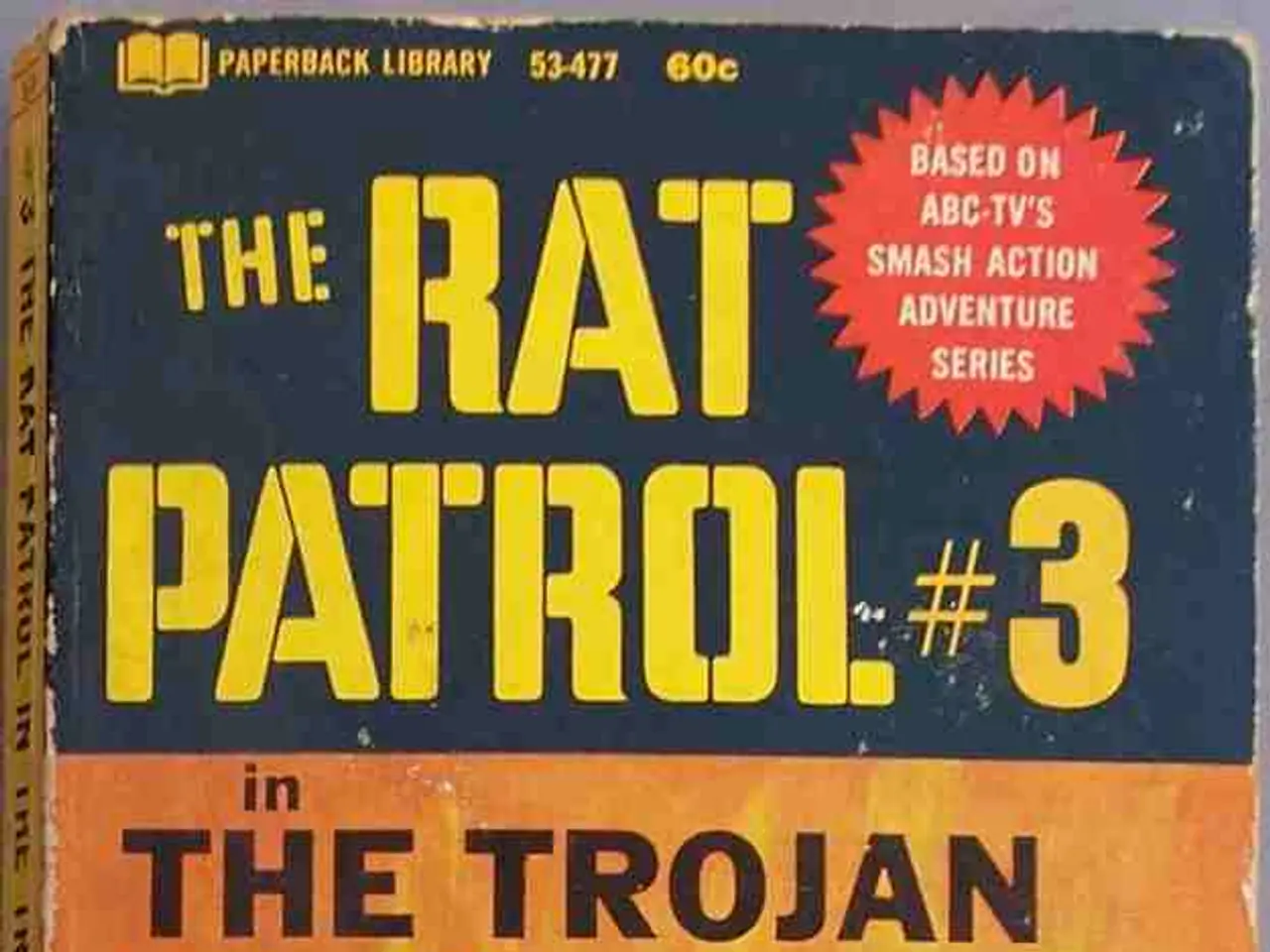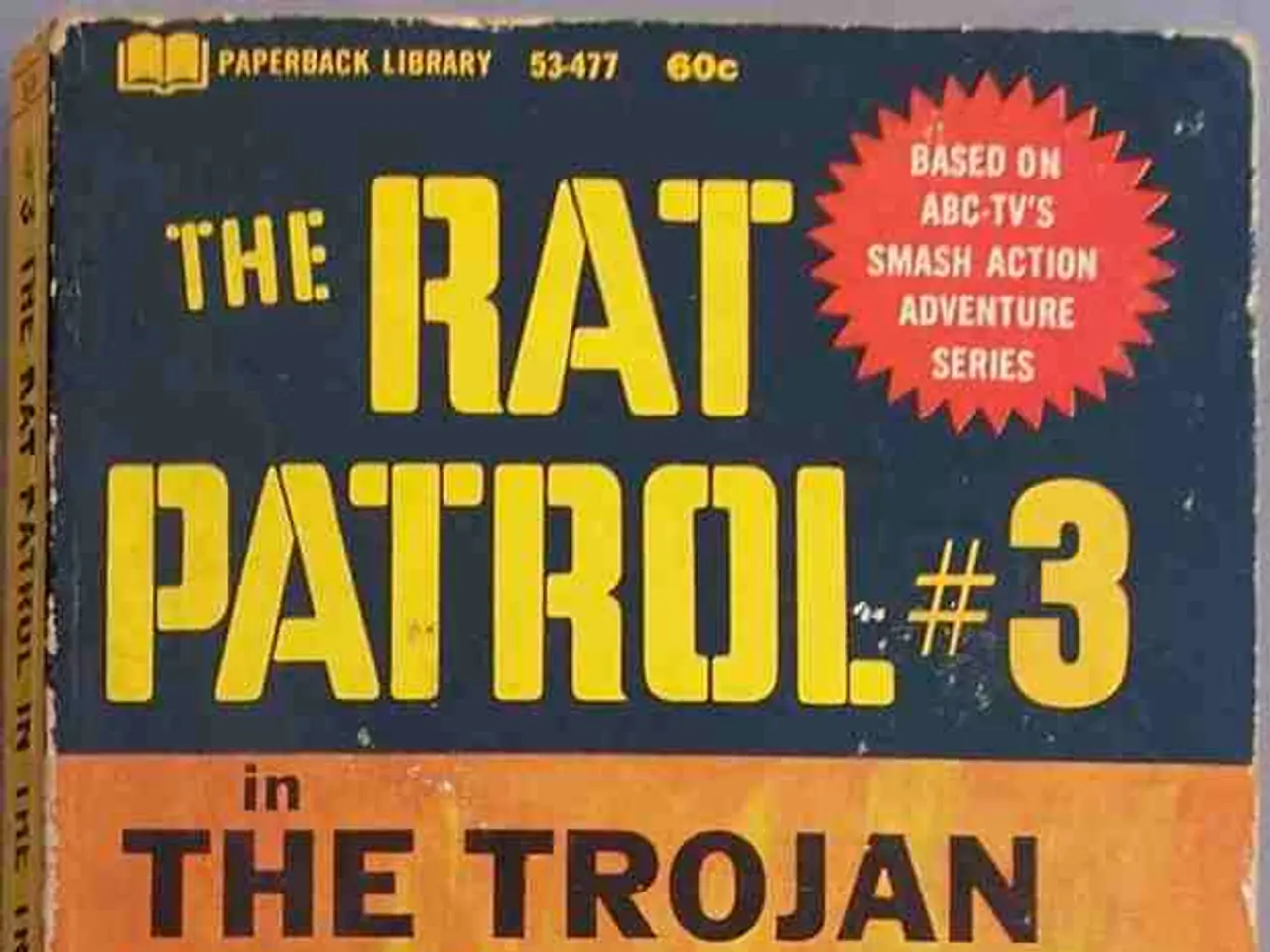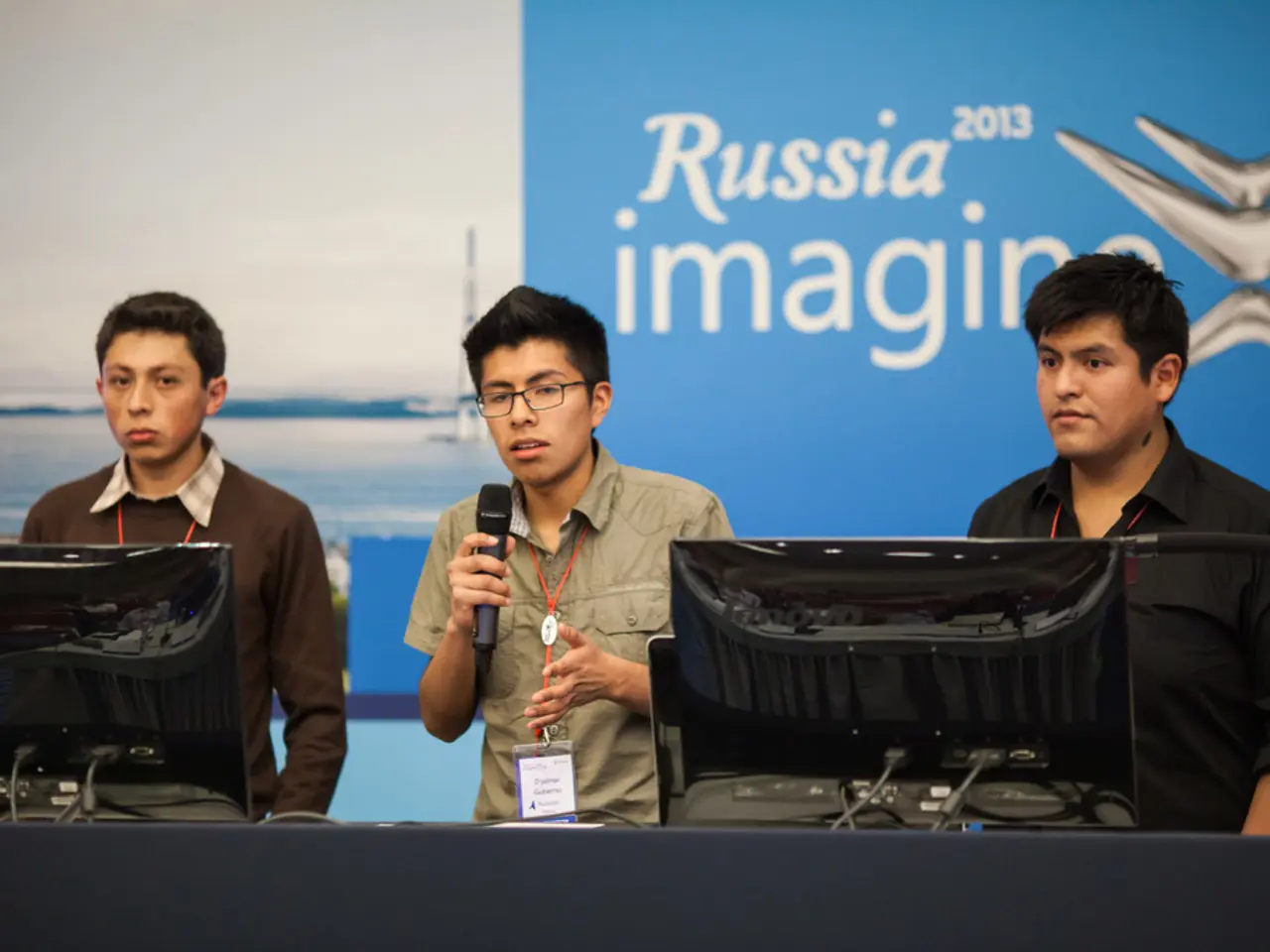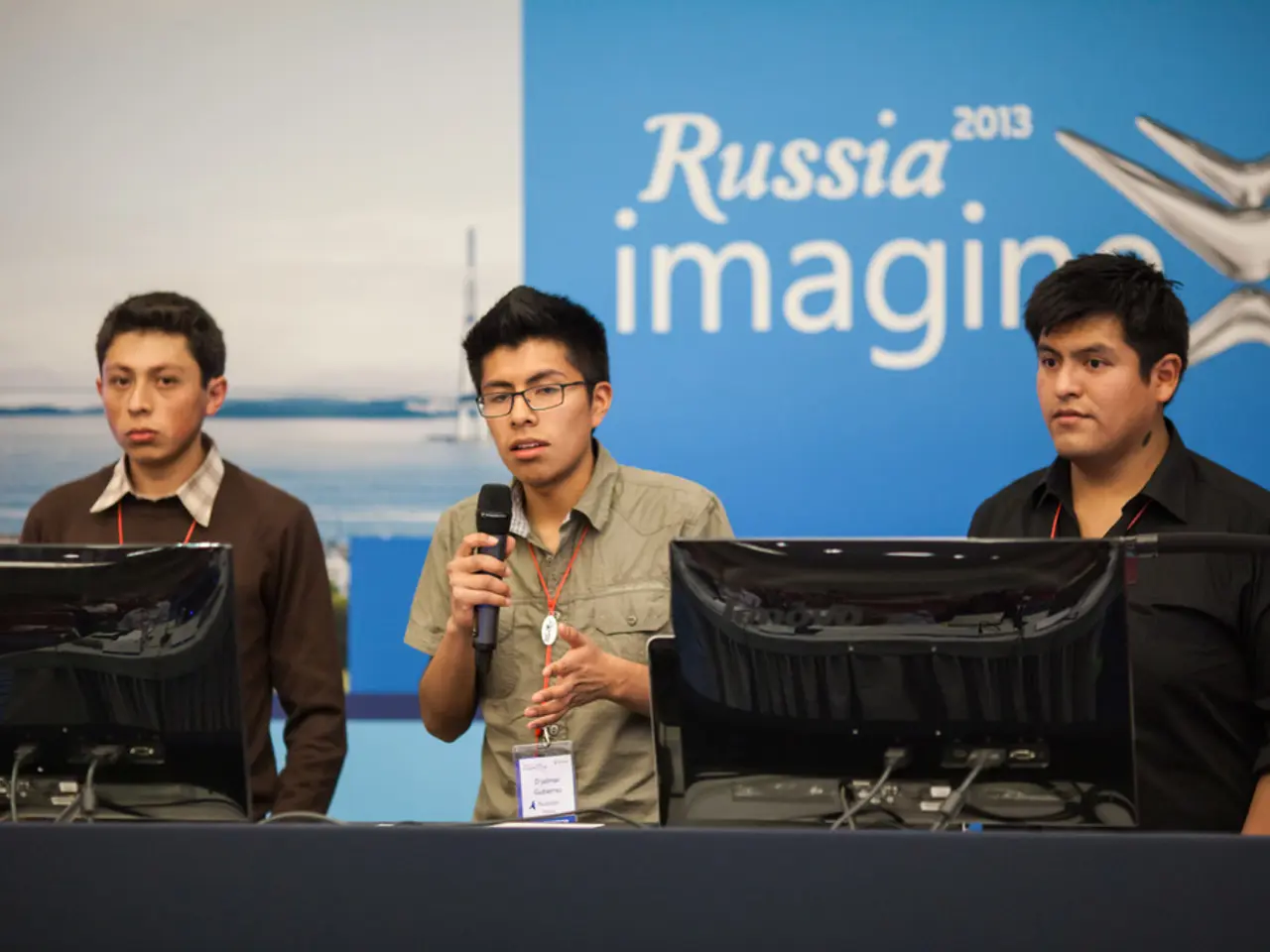Israel's Airstrikes in Iran: Could It Be U.S.'s Hidden Agenda?
Flashpoint "Clash of Opinions": Johannes A. Kaufmann and Andre Dolle trade words after Merz's statement on Israel's actions in the Middle East.
The Middle East continues to boil, with Israel's army launching a series of attacks on Iranian rocket systems. The ongoing conflict threatens to shove the crisis in Ukraine into the background. Some wonder just how close Iran is to building an atomic bomb. If the 86-year-old ruler of Iran, Ali Chamenei, were to achieve that goal, what would be the repercussions? How far can Israel go to prevent that outcome?
For years, concerns have been raised about Iran's nuclear ambitions, but what benefits does Iran gain from its ongoing struggle with Israel? Friedrich Merz, the Federal Chancellor candidate for the CDU, commented on the Israeli rockets, stating, "This is the gritty job that Israel is doing—for all of us. This Mullah regime has brought death and destruction across the world." Is this statement blunt or beneath the dignity of a federal chancellor? In the latest episode of our exhilarating video debate format "Clash of Opinions," our reporters Johannes A. Kaufmann and Andre Dolle argue about these very questions.
Jan van Aken, a co-chair of The Left, has already harshly criticized Merz for his statements: "Merz should clean a bathroom. He'd then know what dirty work means. When people are killed, Merz calls it dirty work. By making such a statement, he trivializes the victims of war and violence." Kaufmannfinds this quote from van Aken to be an overexaggeration and suspects a degree of malice.
What lies beyond a sharply weakened Iranian Mullah regime?
Dolle, however, sees some truth in these statements and the criticisms leveled at Merz. Indeed, it's worth questioning the legality of Israel's attacks and their compatibility with international law and the UN Charter. Moreover, what comes next after the current, badly weakened Iranian Mullah regime? Dolle points out that it was much worse in Syria or Libya after a violent upheaval with foreign intervention. Or are Western powers simply longing for peace, willing to accept the Mullah regime as a lesser and more stable evil, as Kaufmann suspects?
As for US President Donald Trump, he recently said that killing Ali Chamenei was not an option. What will he do instead? Unlike the conflict in Gaza, Trump praised the attacks on Iran. Speculating about potential military intervention, Trump stated: "Nobody knows what I’m going to do." While it's always hard to tell with him, it's undoubtedly a game of cold tactics, agree Kaufmann and Dolle. Iran should be forced to the negotiating table.
In "Clash of Opinions," it's "Dolle vs. Kaufmann" every 14 days. Our reporters debate the hottest, most controversial topics—tough on the issues, but fair in tone and with a sprinkle of humor. The pilot episode of this new format was about nuclear waste in Asse.
Sign up for our Braunschweig & Region Newsletter!
Stay informed by subscribing to our free daily newsletter.
By subscribing to the newsletter, I agree to the Privacy Policy
The second episode of our show focused on the crisis at VW and the hotly debated topic of how much financial contribution top managers should contribute. In the third episode, we discussed the increasingly pressing crisis facing many cities and municipalities in our region—the question of whether to cut spending or invest. In the fourth episode, our reporters asked, prior to the federal election, whether the rich should be taxed at a higher rate. In the fifth episode, Kaufmann and Dolle analyzed the election platform of our newspaper's regional candidates. This was followed by an analysis of the federal election results and a discussion about rearmament and conscription. In episode 8, our reporters took a hard look at the concerning developments at the Braunschweig Clinic. In episode 9, we debated whether churches should insert themselves into current political debates, following a controversial statement by Bundestag President Julia Klöckner. Most recently, our reporters sparked a discussion about the possible expulsion of the AfD party from the Bundestag, after the Federal Office for the Protection of the Constitution labeled it as far-right extremist. And finally, Kaufmann and Dolle weighed in on the question: Should Germany stand behind Israel unconditionally?
Catch our "Debate" on our website, YouTube channel, or Instagram. Join the conversation!
- The ongoing conflict in the Middle East, with Israel's attacks on Iranian rocket systems, is sparking heated debates in the realm of politics, raising questions about international law, UN Charter compatibility, and the potential repercussions of a nuclear Iran. Remarks from Friedrich Merz, the Federal Chancellor candidate for the CDU, have stirred controversy, leading to intense discussions about the legality of Israel's actions and the dignity of a federal chancellor.
- In the latest episode of the video debate format "Clash of Opinions," our reporters Johannes A. Kaufmann and Andre Dolle delve into the complexities of war-and-conflicts, general-news, and politics, debating the legality, strategic implications, and political ramifications of Israel's actions, while also addressing concerns about potential atomic weapons in Iran and the future of the Iranian Mullah regime.




